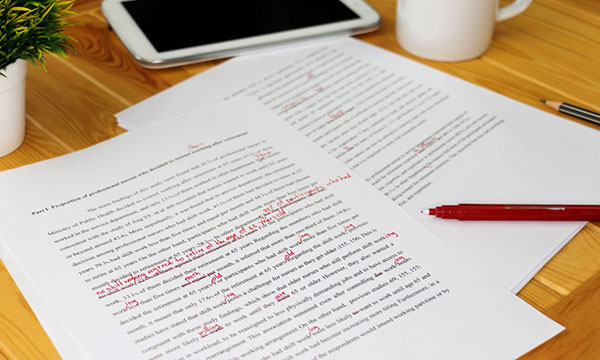The goal of every writer is to write well, well enough to attract and hold readers. But whereas the goal is generally the same, the method, the process of writing will vary (to at least some degree) with every writer. Writer A rises early, and writes best in the morning. Writer B is a night-owl and does best in the dimmest hours. Some write by hand, pen, pencil, computer. Others actual dictate their stories, as did Henry James. My late friend, Robert Cormier (I Am the Cheese) wrote his books by hand, after which his wife typed the manuscripts. I knew someone who wrote his books paragraph by paragraph on index cards! So it goes. Thus when I make suggestions it is truly only a description of what I do. It may be helpful. It may not. It’s one of those things you might want to try at home—or not.
All that said, I believe it was Stephen King who said something to the effect that the only way to learn about a writer is to hear his or her words. Perhaps that says something about the current popularity of audio books. But I would go a little further, and suggest that the only way to learn about your own writing is to hear it. This is to say, read it aloud. Not just read aloud, but read to someone. Having an audience allows you to sense the quality of reception.
(I recall that Madeleine L’Engle [A Wrinkle in Time] had her husband [an actor] read her new work aloud to her. Not sure I could go that far. I find it hard to listen to those books of mine that have been recorded. And they are usually recorded very well.)

Just today I was reading a new book to a class of fifth grade students. They were absorbed in the story and enjoying it. As I read however, I sensed that the work was over-written, in need of cutting. Sharpening. When I read this way (and I do it for every book) I always have a pen in hand. When I sense the text is lagging, I make an X. Back home, I rewrite those sections and more.
In this day and age of computer usage it is extremely easy to overwrite. Too easy, I think. In the day of the manual typewriter (I wouldn’t go back) the effort of writing and rewriting made one want to self-edit, cut, simplify. Editing was, in essence, labor-saving. These days—even when working with a computer—I will create a sixty thousand word manuscript and then set myself the arbitrary task of cutting two thousand, five hundred words. Capricious perhaps but an exercise in conciseness and tight writing which does me good. My writing is better for it.
Those cuts may be the kindest cuts of all. For the reader.
1 thought on “The kindest cut of all”
Thank you Avi. I enjoy all your posts!